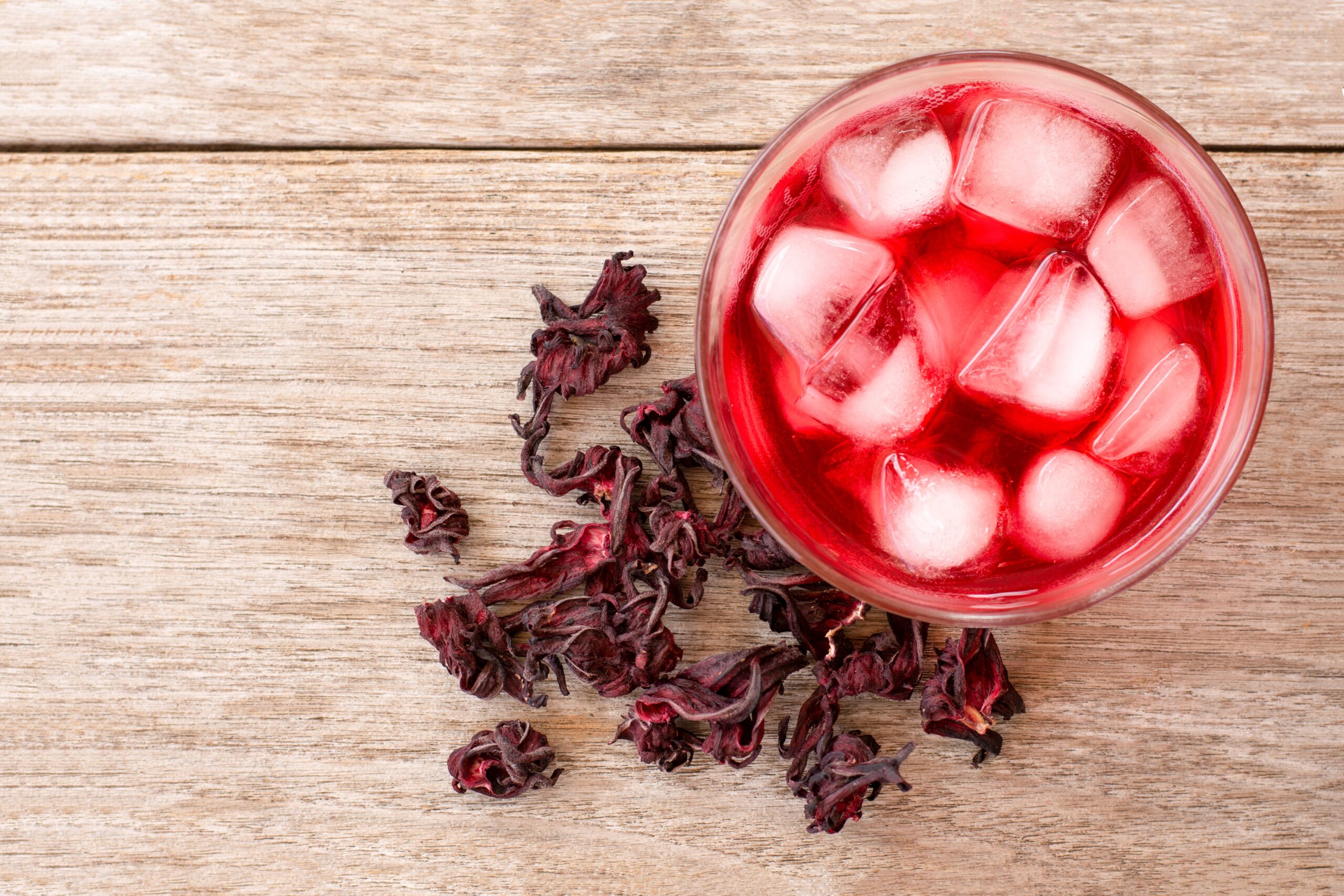Hibiscus has gained popularity for its nutritional and health benefits. It is a plant native to West Africa, which spread throughout the world, finding its place in various cultures, from African cuisine to festivals in South Korea.
Also called hibiscus, an ingredient not only appreciated for its unique flavor and colorful appearance in drinks and dishes, but also for its medicinal, culinary and beauty properties, explains Harvard graduate and functional medicine specialist Carlos Jaramillo.
Jaramillo clarifies that although many wonder if there is a “magic potion” that offers perfect health, such a solution does not exist, but if we can “integrate natural elements such as the Hibiscus flower into our diet, it can be a step towards well-being.”
In a talk on his YouTube channel, the specialist demystifies popular beliefs and highlights the true benefits that this plant, hibiscus or Jamaican water, can bring to our health.
Benefits of hibiscus flower for our health care

One of the most common uses of Hibiscus flower is in teas and infusions, which are attributed with a diuretic effect, as they contain antioxidant, anti-inflammatory and liver-protecting compounds.
Jaramillo explains that the benefits of these plants are due to “their composition rich in mucilages, organic acids, and a variety of antioxidants that work together to protect the body,” which constitutes a natural gold mine.
“The hibiscus plant, or Chinese flower, as it is known in some places, is a nutritional treasure that we are beginning to value at its true worth,” he adds.
Myths about the consumption of hibiscus flowers
Jaramillo states that one of the most common myths is that hibiscus only serves as a diuretic and that excessive consumption is harmful.
“The reality is that, as with any food, excess can be harmful, but in moderate quantities, Hibiscus is well tolerated and can hardly cause problems due to its high tolerability and proven safety in various studies,” he adds.
Among the most notable benefits of consuming Hibiscus flower is its antioxidant activity, which protects against oxidative stress and chronic diseases.
In addition, it has an “antihypertensive effect, demonstrated in clinical studies that highlight its ability to inhibit enzymes related to increased blood pressure.”
It is also credited with protective properties against liver and kidney damage, thanks to its rich antioxidant content.
“The decoction, infusion or maceration of the leaves and calyxes of Hibiscus sabdariffa (hibiscus flower) have been used as an antimicrobial, antiparasitic, antioxidant, laxative, antispasmodic, diuretic, hepatoprotective, antianemic, anti-inflammatory, analgesic, antitussive, choleretic, antipyretic, hypotensive, cardioprotective and neuroprotective agent,” reveals a study published by the Multidisciplinary Digital Publications Institute (MDPI) on the physiological effects and benefits of hibiscus flower.
This is how you can include Jamaican flower in your diet
One of the most common ways to consume Hibiscus is in infusions or teas, which are prepared by adding 3 dried calyxes of the plant in a cup of boiling water, letting it sit for 5 minutes, straining it and it is ready to enjoy, you can add the sweetener of your preference.
Other ways to consume it are through extracts and food supplements. In any form of consumption of hibiscus flower, it is important to have the option of a doctor or specialist who indicates the quantity and frequency according to the pathology and conditions of the patient.
Keep reading:
- 3 health benefits of hibiscus flower
- Fight fluid retention and accelerate weight loss with hibiscus flower infusion
- How this papaya and hibiscus smoothie is the ideal natural diuretic for losing weight
